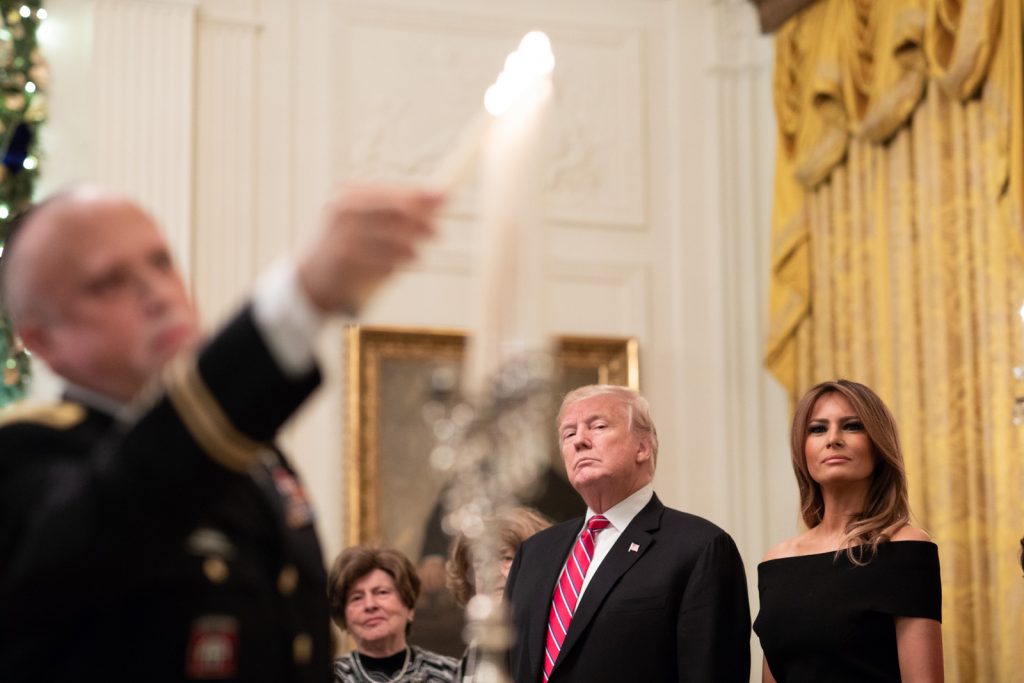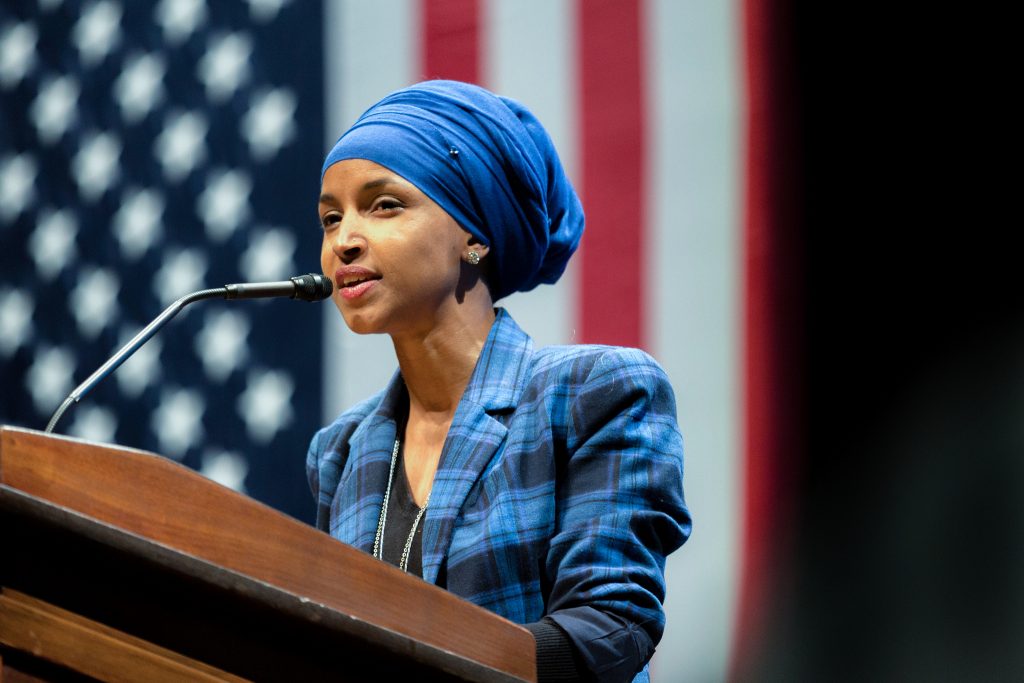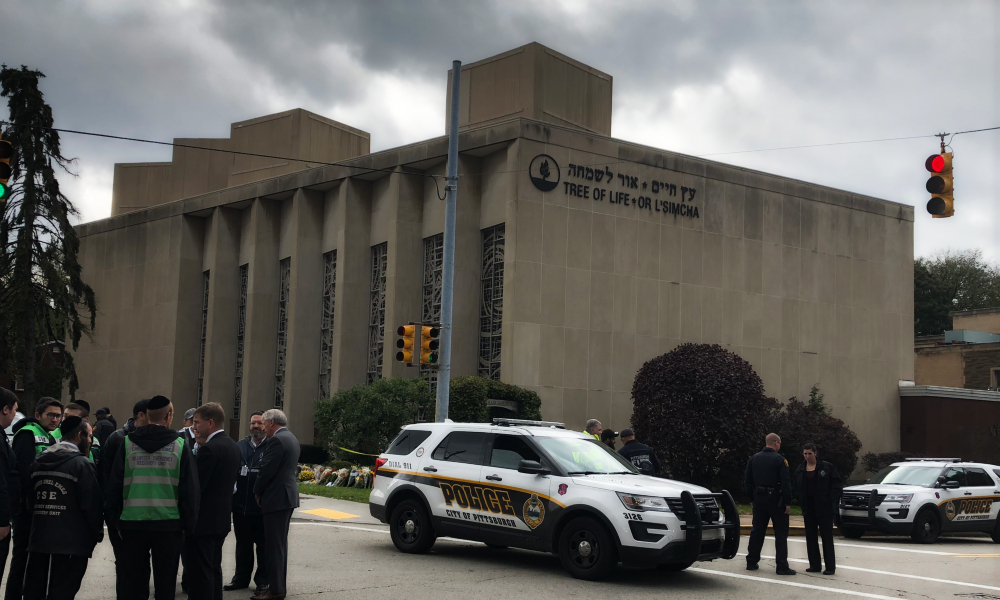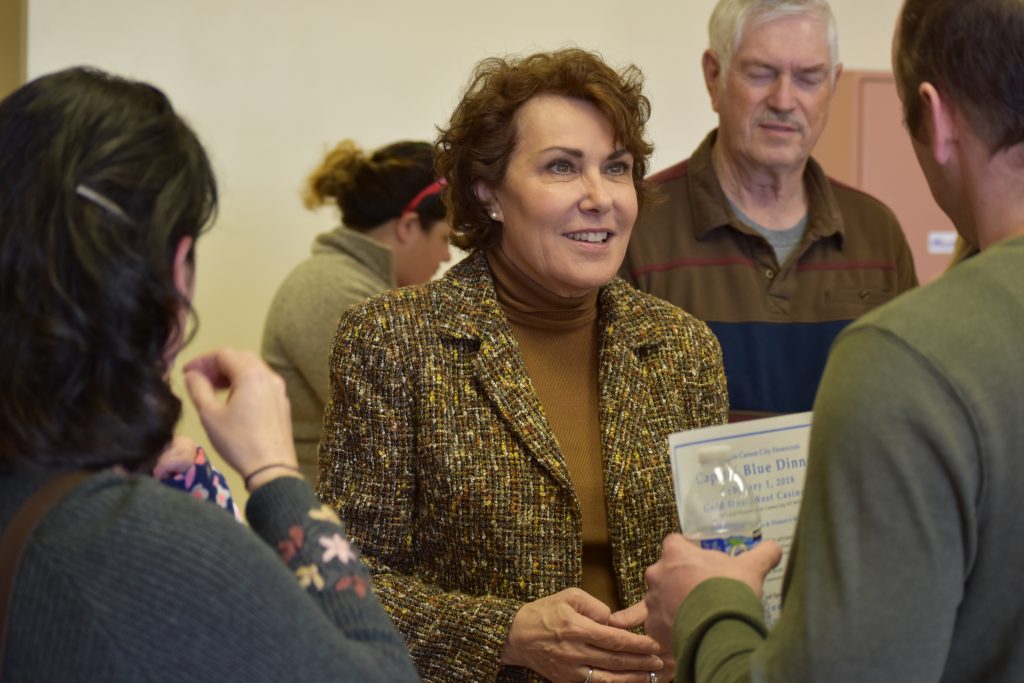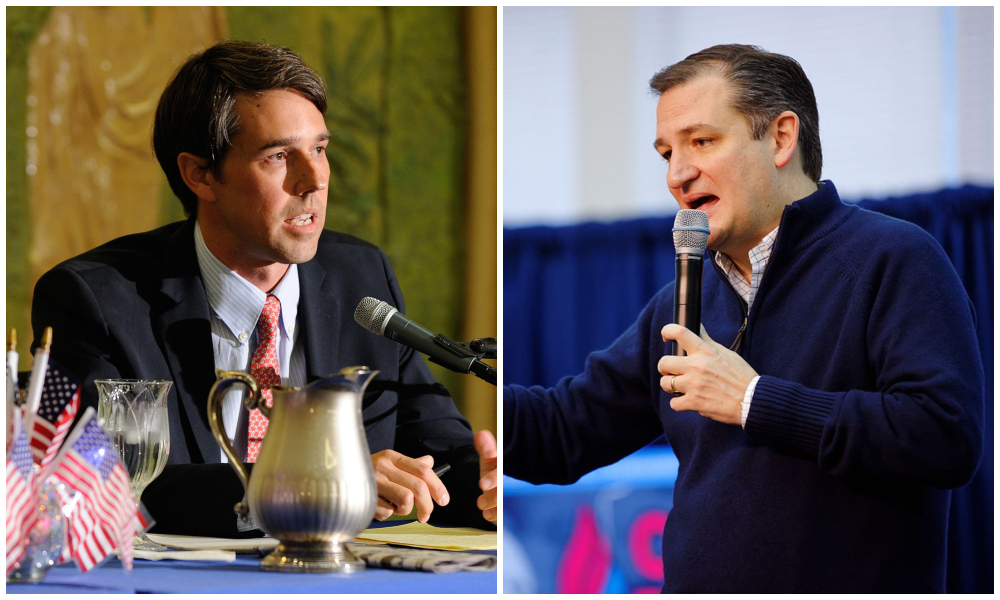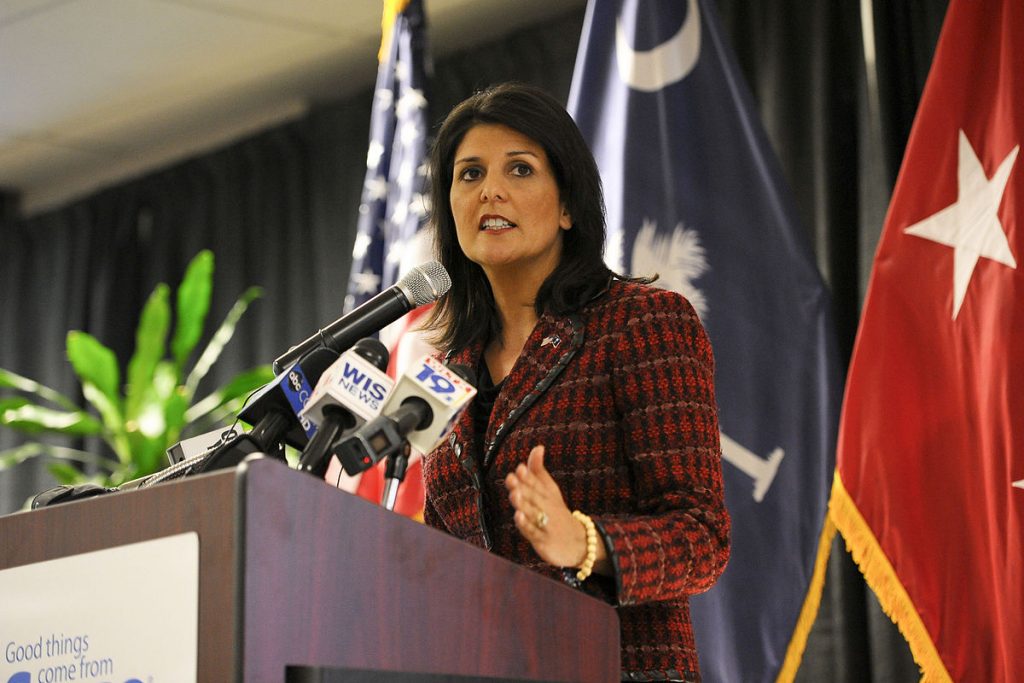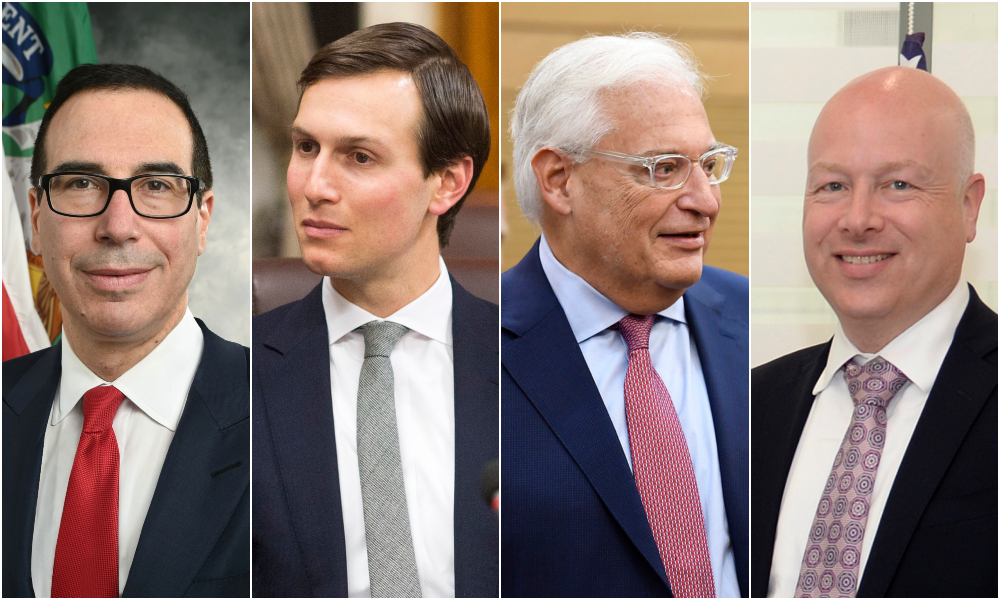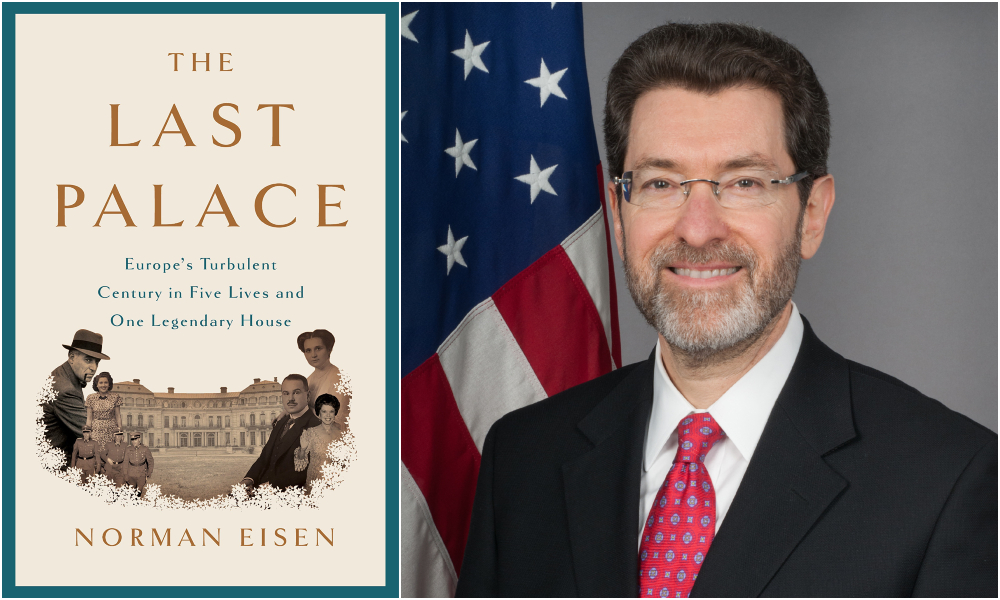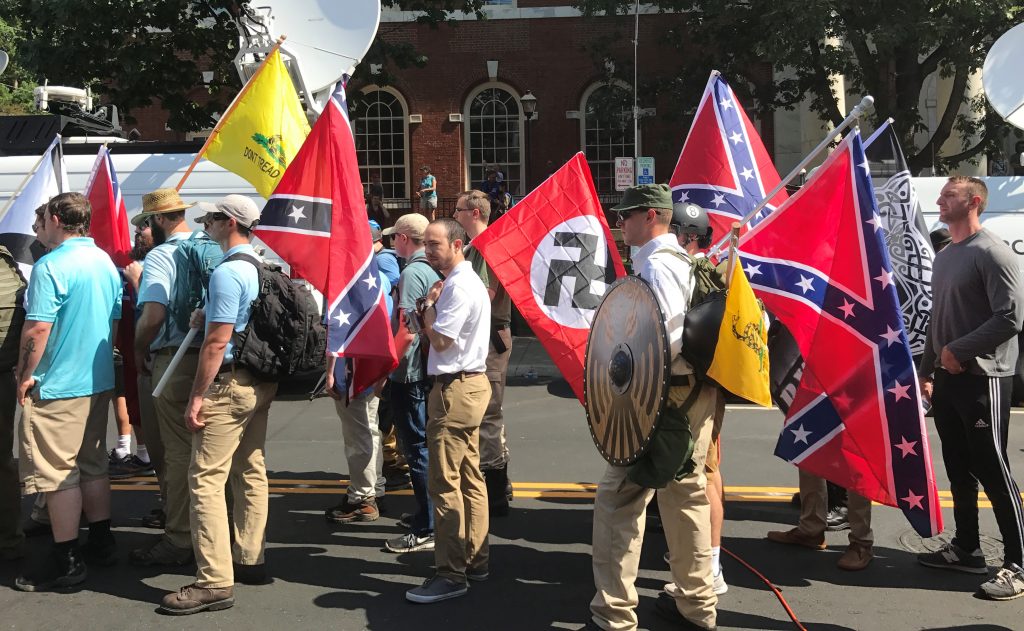In one of the emails sent in late August to the Foundation for Jewish Studies (FJS), the writer, who did not bother to disguise his name, expressed a wish that Hitler had done to members of the organization what he did to Europe’s Jews. Another email compared leaders of FJS, a nonprofit based in suburban Maryland devoted to promoting Jewish learning, to the Nazis. Others accused the foundation of being anti-Semitic. “I was surprised by the vitriol of some of the emails,” says Rabbi Gordon Fueller, executive director of FJS. “Some of them were quite hateful.”
What brought about this barrage of vitriol directed at Fueller, his organization and several other Washington, DC-area Jewish institutions? It was the invitation of a highly regarded scholar—and staunch critic of Israel—to speak not about Israel, but on her area of expertise.
This should come as no surprise to those following the dynamics of the intra-Jewish communal debate over Israel in recent years. As this debate intensifies, the distance between respectful disagreement and attacks employing Holocaust imagery has become smaller and smaller. And the recent brawl playing out in the nation’s capital’s Jewish community is merely a microcosm of the greater debate now tearing apart American Jews.
On August 22, a group of activists sent out an email blast condemning not only the FJS, but also the Bender JCC of Greater Washington in Rockville for hosting a day of learning focused on Jewish immigration between 1820-1920. The keynote speaker invited to lead the event was New York University professor Hasia Diner, one of the leading scholars of Jewish-American life and immigration. “The Jewish Community Center in Rockville has committed a grave error,” wrote members of the group, which goes by the cumbersome acronym COPMA for Citizens Opposed to Propaganda Masquerading as Art, and its twin organization known as COPIA (Coalition of Pro-Israel Advocates). “The program should be immediately canceled. The Jewish Community Center should not give a soap box to an avowed anti-Zionist and enemy of Israel,” they wrote to email recipients. Diner has raised the group’s ire for a scathing 2016 article she co-wrote in which she says Israel is a place she abhors “and to which I will contribute no money, whose products I will not buy, nor will I expend my limited but still to me, meaningful, political clout to support it.” At the bottom of the email was the contact information for the executive directors of the JCC and the Greater Washington Jewish Federation, a a note urging supporters to call them and demand the event be dropped.
Within days the JCC announced it would not host Diner and was revoking its sponsorship of the program. The official reason given was that the JCC does not accommodate those who promote boycotts of Israel. FJS then announced it was moving the lecture to Adat Shalom, a Reconstructionist synagogue in Bethesda, Maryland. Quickly, COPIA/COPMA sent out another mass email, this time targeting FJS and the Adat Shalom synagogue. “Unless The Foundation for Jewish Studies cancels its invitation to Diner to speak, the Community should shun its programs and its requests for our funds,” they wrote, adding, once again, the relevant email addresses and phone numbers, so supporters could call and complain.
How did a tiny group, operating from a member’s home in suburban Maryland, with no paid staff and nothing more than an email list and some chutzpah, bring a major Jewish institution to its knees?
To answer this question, it is necessary to look back at COPMA’s first success on the Washington inner-Jewish scene. In 2013, the group, unknown until then, mounted an attack on the DCJCC and its theater company Theater J for their plan to include a production of The Admission by Israeli playwright Motti Lerner, which deals with the expulsion of Arabs from Israel during the 1948 War of Independence. COPMA took aim at the Jewish Federation which supports the theater, sending emails to donors asking them to stop support for the Federation if the play is produced as planned. In that case, as in the current battle over Diner’s speech, COPMA/COPIA chose an effective tactic—going over the heads of the directors and reaching out directly to Federation donors. After all, Jewish institutions are more than happy to debate with their rivals’ ideology, free speech and limits of the discourse on Israel, but no one likes to get a phone call from a donor threatening to pull out funding. In a compromise, the DCJCC agreed to show the play as a reading, instead of the originally planned full production.
Rabbi Fueller from the Foundation for Jewish Studies got one such call last week from a daughter of a donor who had endowed a program. Following the petition against Diner’s speech, she asked to remove her father’s name from the program. The foundation obliged. However, Fueller adds that the group registered an uptick in membership after the controversy broke out.
The battle over Hasia Diner’s speech has demonstrated the rift within the local Jewish community: Establishment groups such as the JCC and Federation, notoriously averse to controversy, yielded to pressure and were quick to abandon the program. But the campaign led by COPIA/COPMA registered only partial success. FJS refused to cave, explaining to anyone willing to hear that Diner was speaking about her field of expertise—Jewish immigration—and not about Israel. Adat Shalom, the new venue for the event, is also not budging. The synagogue received some 40 emails, split roughly evenly between supporters and detractors, and while some included the inevitable Hitler and Holocaust references, many voiced their backing for the move. “We’re not declaring Dr. Diner kosher, but we refuse to let others declare her traif,” said Adat Shalom’s Rabbi Fred Scherlinder Dobb. “If she’s banned from speaking, then we are in trouble as a community.”
But even though the show will, in one way or another, go on, there is a cautionary tale here for all Jewish communities: In an era in which substantial debate over Israel is almost impossible to conduct, and in which complex issues are reduced to binary standpoints, marginal groups on either end hold veto power and have become the ultimate arbiters of who’s kosher and what’s acceptable.



